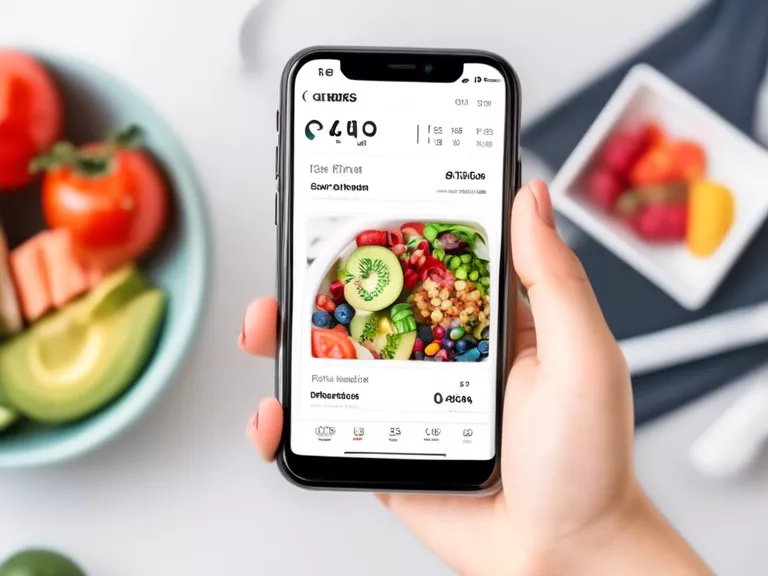
In today's digital age, technology has made it easier than ever to track our nutrition and fitness goals. Nutrition apps have become a popular tool for individuals looking to monitor their macronutrient intake and achieve their desired fitness results. These apps allow users to input their food choices and exercise routines, providing valuable insights into their daily caloric and macro balance. If you're looking to improve your health and reach your fitness goals, here's how you can effectively use nutrition apps to track macros and stay on track.
Firstly, it's essential to find the right nutrition app that suits your needs. There are various apps available on the market, such as MyFitnessPal, MyPlate, and Cronometer, each offering unique features to help you track your macros. Choose an app that is user-friendly and allows you to input your meals and snacks easily. Many apps also provide barcode scanning capabilities, making it simple to log packaged foods accurately.
Once you've selected your preferred nutrition app, take the time to set your specific fitness goals. Whether you're looking to lose weight, gain muscle, or maintain your current physique, having clear objectives will help you tailor your macronutrient intake accordingly. Most nutrition apps allow you to customize your daily caloric target and macronutrient ratios based on your goals and activity level.
Next, start logging your meals and snacks consistently. Be diligent about recording everything you eat and drink throughout the day, including portion sizes. This will provide you with a comprehensive overview of your macronutrient intake, allowing you to make adjustments as needed. Remember to track not only your macronutrients (carbohydrates, proteins, and fats) but also your micronutrients (vitamins and minerals) to ensure you're meeting your nutritional requirements.
As you use the nutrition app regularly, take advantage of its features to analyze your progress. Many apps offer visual representations of your daily macros, showing you how your food choices contribute to your overall nutrition. Use this data to identify patterns in your eating habits and make informed decisions about your diet. Additionally, some apps provide meal planning and recipe suggestions to help you diversify your food choices and avoid nutrient deficiencies.
In conclusion, nutrition apps are valuable tools for tracking macros and meeting fitness goals. By utilizing these apps effectively, you can gain a better understanding of your nutritional intake, make informed choices about your diet, and stay on track towards achieving your desired fitness results.



